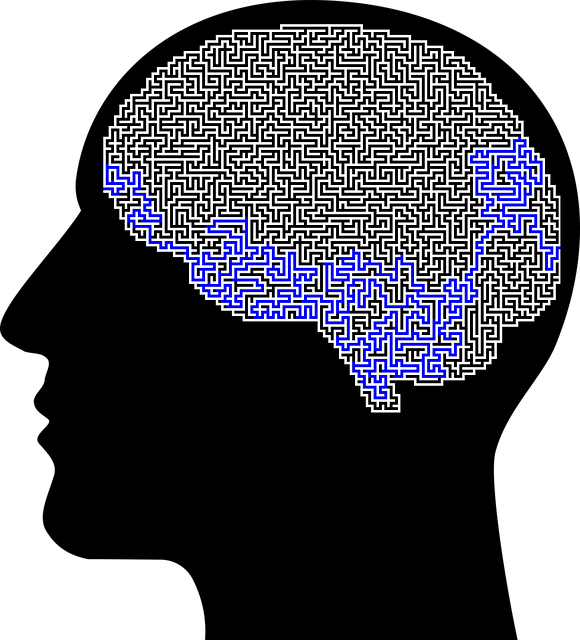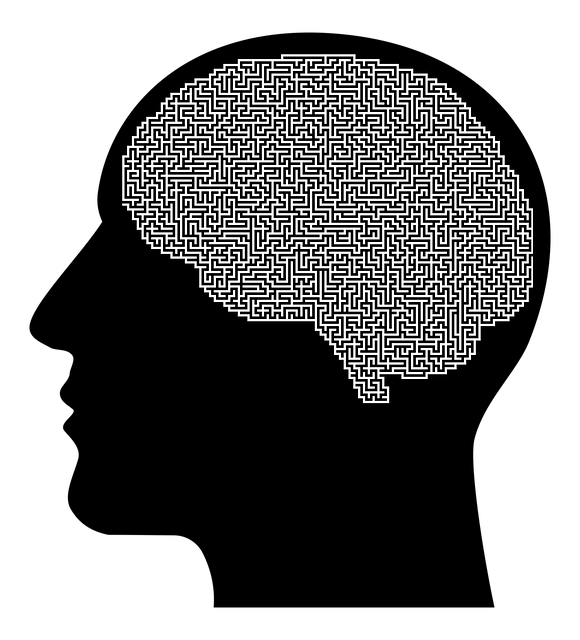Mindfulness meditation emerges as a powerful therapy tool for adults with Obsessive Compulsive Disorder (OCD), helping to break repetitive thought and behavior cycles through present-moment awareness and non-judgment. Incorporating mindfulness into daily routines, starting with short sessions in quiet, distraction-free spaces, promotes emotional regulation, reduces OCD symptoms, enhances self-care, and contributes to overall mental wellness. Mental health professionals can integrate mindfulness techniques into therapy to support risk management, prevent relapse, and improve treatment outcomes for OCD.
“Unwind your mind and embrace a transformative journey with mindfulness meditation—a powerful tool in the therapy landscape for adults with Obsessive-Compulsive Disorder (OCD). This comprehensive guide delves into the ancient practice of mindfulness, exploring its scientific foundations and abundant benefits. From setting up your peaceful space to mastering techniques, you’ll discover how to integrate mindfulness into daily life. Learn strategies to manage OCD symptoms effectively and cultivate a deeper sense of calm. Start your meditation journey today and unlock the power within.”
- Understanding Mindfulness Meditation for OCD
- The Science Behind Mindfulness and Its Benefits
- Setting Up Your Meditation Practice
- Techniques for Effective Mindfulness Meditation
- Integrating Mindfulness into Daily Life
Understanding Mindfulness Meditation for OCD

Mindfulness meditation has emerged as a powerful tool in the therapy arsenal for adults with Obsessive Compulsive Disorder (OCD). This ancient practice involves focusing one’s awareness on the present moment, acknowledging and accepting thoughts and feelings without judgment. For individuals grappling with OCD, mindfulness can be transformative. It helps to break the cycle of intrusive thoughts and repetitive behaviors by fostering a sense of detachment from distressing obsessions. By observing their mind’s patterns without reacting impulsively, individuals learn to develop coping skills that enhance self-care routine development for better mental health.
Incorporating mindfulness meditation into one’s daily life can be as simple as dedicating a few minutes each day. This practice encourages individuals to become more mindful in their interactions with the world, promoting a sense of calm and clarity. Moreover, community outreach program implementation can play a significant role in spreading awareness about the benefits of mindfulness for OCD management, providing support networks, and facilitating group settings where individuals can learn from one another.
The Science Behind Mindfulness and Its Benefits

The practice of mindfulness has gained significant attention from researchers and mental health professionals alike due to its profound impact on overall well-being. Mindfulness meditation involves a conscious focus on the present moment, observing thoughts and sensations without judgment. This simple yet powerful technique has been scientifically proven to reduce stress, enhance self-awareness, and improve mental clarity. Studies have shown that regular mindfulness practice can lead to significant improvements in mood management, especially for individuals dealing with anxiety and depression.
For adults struggling with obsessive-compulsive disorder (OCD), mindfulness can be a game-changer. OCD is characterized by intrusive thoughts and repetitive behaviors, often leading to impaired self-esteem and daily functioning. Research suggests that mindfulness meditation can help individuals detach from these compulsions, fostering a sense of control and reducing the impact of obsessions. Moreover, it aids in self-esteem improvement by promoting a non-judgmental attitude towards one’s thoughts and emotions, enabling better coping strategies and overall mental wellness.
Setting Up Your Meditation Practice

Creating a dedicated space for your meditation practice is a significant step towards reaping its therapeutic benefits, especially for adults dealing with obsessive-compulsive disorder (OCD). This ritual begins with setting aside a quiet area in your home where distractions are minimal. A calm environment free from technological interruptions allows you to focus on your breath and thoughts. Consider transforming this space into a sanctuary by incorporating elements that promote relaxation, such as soft lighting, soothing scents, or even a few houseplants.
Establishing a consistent routine is another vital aspect of successful meditation practice. Consistency fosters emotional regulation, which can be particularly challenging for those with OCD. Begin with short sessions and gradually increase the duration as you become more comfortable. Mind over matter principles suggest that the power of your mind can help manage symptoms. Through regular practice, you can train yourself to observe thoughts without judgment, thereby reducing the impact of intrusive thoughts associated with OCD. Additionally, risk management planning for mental health professionals encourages individuals to view meditation as a valuable tool in their self-care arsenal.
Techniques for Effective Mindfulness Meditation

Mindfulness meditation is a powerful tool for adults struggling with obsessive-compulsive disorder (OCD). Effective techniques include focusing on the present moment and accepting thoughts and feelings without judgment. By engaging in mindful breathing exercises, individuals can learn to observe their thoughts as mere mental events, neither good nor bad. This practice helps to break the cycle of OCD’s repetitive thinking patterns.
Incorporating mindfulness into daily routines enhances social skills training and coping skills development. It encourages individuals to become more attuned to themselves and others, fostering better emotional regulation. Regular meditation can significantly contribute to mental wellness by reducing anxiety, improving focus, and promoting a sense of inner peace. These benefits create a solid foundation for managing OCD symptoms and enhancing overall well-being.
Integrating Mindfulness into Daily Life

Integrating mindfulness into daily life can be a powerful tool for adults struggling with obsessive-compulsive disorder (OCD). Beyond its role as a therapeutic intervention for OCD, mindfulness serves as an accessible and effective strategy for general stress management. By cultivating present-moment awareness, individuals can disrupt recurring thought patterns and reduce the urge to engage in compulsive behaviors. This practice facilitates emotional healing processes by promoting self-acceptance and fostering a non-judgmental attitude towards distressing thoughts.
For mental health professionals, incorporating mindfulness techniques into therapy sessions not only enhances the effectiveness of treatment but also supports risk management planning. Mindfulness meditation can be easily integrated into various therapeutic modalities, offering clients practical tools to manage anxiety and prevent relapse. As a result, it contributes to better outcomes in treating conditions like OCD, while also benefiting practitioners by providing them with a valuable resource for their own emotional well-being.
Mindfulness meditation, a powerful tool often used in therapy for adults with Obsessive Compulsive Disorder (OCD), offers a way to regain control and reduce symptoms. By understanding its science-backed benefits, setting up a consistent practice, and integrating mindfulness into daily life, individuals can experience significant improvements in their mental well-being. Effective techniques and guidance, as outlined in this article, serve as a roadmap for those seeking to navigate the path of mindfulness meditation and unlock its transformative potential.












